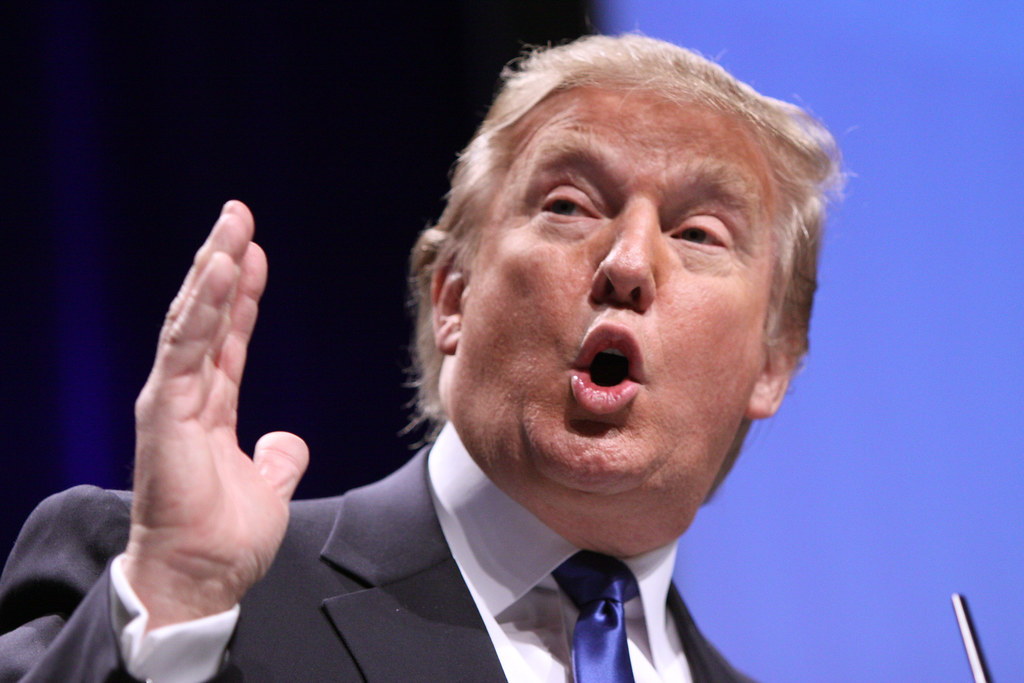Key Takeaways
- Trump’s latest comments mark an unprecedented escalation in tone
- Independent Veterans of America leader calls it a dangerous move
- Remarks target Democratic veterans and could spur real violence
- Experts warn this Trump escalation puts officials at risk
- Debate grows over free speech and public safety
Understanding Trump Escalation and Its Impact
Donald Trump recently suggested that Democrats who urged troops to disobey unlawful orders should face the death penalty. This bold statement shocked many. In response, Paul Rieckhoff, founder and CEO of Independent Veterans of America, called these words “an escalation the likes of which we have not really seen.” He voiced his concern on MS NOW, saying Trump’s tone now crosses a dangerous line.
Transitioning from prior harsh rhetoric, this Trump escalation feels more direct. It singles out veterans who served their country. It also targets sitting members of Congress who once wore the uniform. As a result, officials worry about threats and possible violence.
Why Trump Escalation Feels More Dangerous
First, the call for execution repeats threats that echo back to darker times in our history. Second, this escalation lands directly on the shoulders of veteran lawmakers and former intelligence officials. Many once served under Trump, yet now they face a bullseye. Third, it sends a signal that political opponents might face extreme harm.
Moreover, this Trump escalation came just after many leaders urged cooler heads. In fact, after previous clashes, some conservatives asked for a milder tone. Instead, Trump’s latest words ramp up the heat. Therefore, veterans and lawmakers fear real-world consequences. They worry that unstable individuals could act on these threats.
What Veterans Are Saying
Veterans know the weight of every order. They also respect lawful dissent in extreme cases. In their view, the Democrats’ video about disobeying illegal commands did not call for chaos. Rather, it highlighted a citizen’s duty under the Constitution.
However, Trump’s response branded that discussion as sedition. Then he added calls for their death. Rieckhoff said this shift feels reckless. He pointed out that soldiers expect chain of command, not calls for violence against peers. He also said that this Trump escalation creates needless fear within military ranks.
In addition, many veterans feel these words could fracture trust in military leadership. They fear new recruits might doubt where loyalty truly lies. Some worry that harsh political speech could hamper unit cohesion. After all, soldiers rely on clear, lawful orders to protect the nation.
The Risk of Inciting Violence
When a high-profile leader uses violent language, it can inspire the wrong crowd. Unstable individuals might see these comments as permission. Worse, they could believe they act in support of the leader’s wishes.
This is why experts call this Trump escalation “radioactive.” Even if Trump meant no one would act, his words carry weight. They echo across social media, where radical views can spread fast. Simultaneously, the threat feels personal to those named. Sitting members of Congress who once served now wonder about their safety.
Furthermore, violence against public officials breaks a sacred barrier. It undermines democratic norms and chills free speech. If threats go unchecked, it could lead to real harm. That danger alarms both conservatives and liberals alike. They agree that political debate must avoid such extremes.
What Could Happen Next
For starters, congressional security teams may tighten protection for veteran lawmakers. Capitol police could increase patrols near lawmakers’ homes. In addition, the House and Senate may hold hearings on political threats. Members might demand accountability for violent rhetoric at the highest levels.
Meanwhile, campaign groups could launch fact-based ads urging calm. Veterans’ organizations may issue joint statements condemning violence. They might host town halls to explain lawful dissent in the military. Then, citizens could gain a clearer view of the difference between legal protest and dangerous threats.
Finally, social media platforms could update policies on threats. They may flag or remove posts that echo calls for violence. That effort could curb the viral spread of harmful content. Yet, experts say no single step will fully solve the problem. It will require ongoing vigilance from leaders and the public.
FAQs
What exactly did Trump say that sparked this reaction
He suggested Democrats who urged troops to disobey unlawful orders should face the death penalty.
Why do veterans find this Trump escalation alarming
They fear it undermines lawful military obedience and could incite violence against former service members.
Could these comments lead to legal action
Possible congressional hearings and investigations might examine threats against public officials made by a president.
How can citizens respond to violent political rhetoric
They can speak out at town halls, support fact-based organizations, and urge leaders to promote safe discourse.
